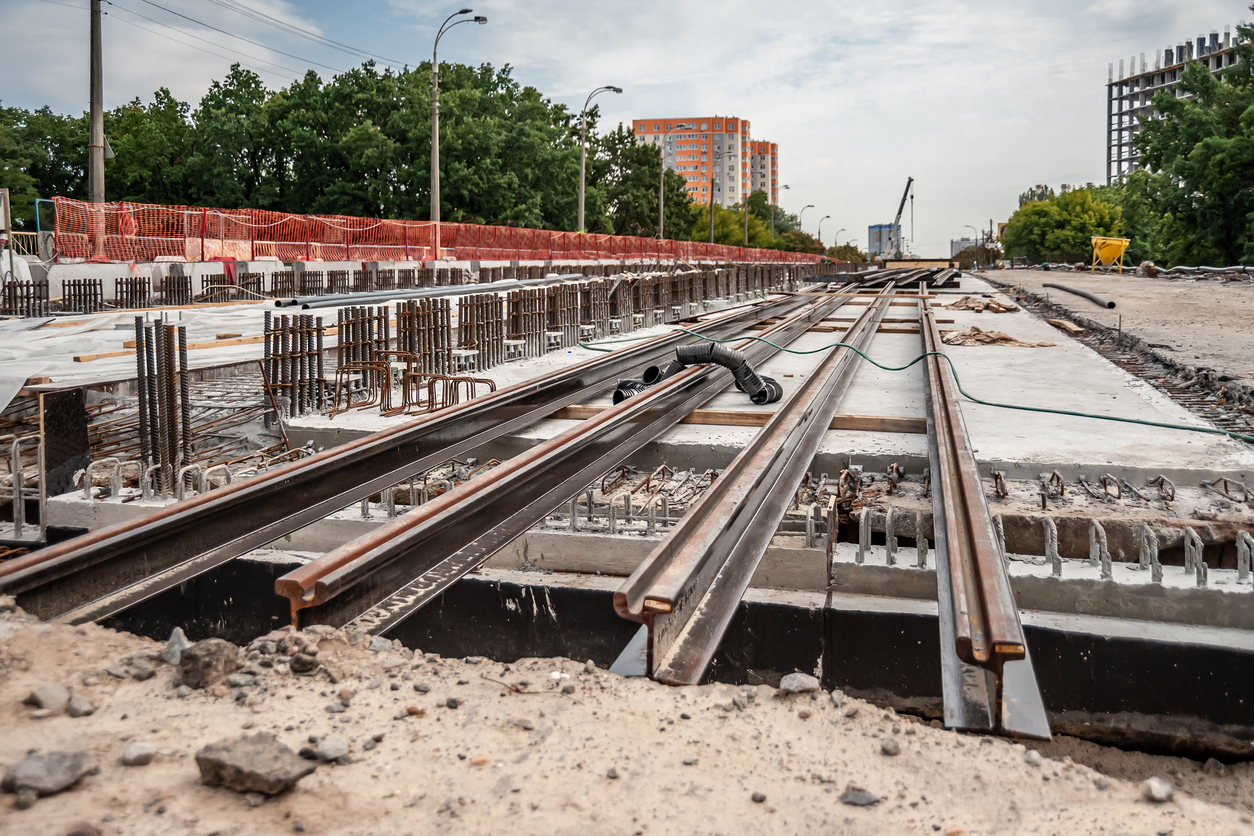A mileage tax would hurt small businesses
“I will say that if this pay per mile plan passes as it is currently proposed, it will destroy our business or cause us to considerably reduce our operations.”
That’s what one business owner shared with me after a presentation in Bellevue. In preparing to speak to the group, I checked to see how a mileage tax would impact small business owners who have a business fleet. The response I got was what I expected – there have not been any recommendations to exempt classes of vehicles. Business fleets with vehicles under 10,000 pounds would be no more exempt from a mileage tax than they are from a gas tax, and would be eligible to receive a gas tax credit or rebate afterward for the state gas tax only.
While the Road Usage Charge pilot project applies a flat fee of 2.4 cents per mile, this does not guarantee a flat fee if this were to become a state policy. As I’ve said before, public officials do not want a Road Usage Charge to be a flat rate – they believe it will experience the same problems as a gas tax if revenue is not indexed to inflation.
An indexed gas tax that fluctuates each year with the rate of inflation might seem favorable for politicians who dislike voting for gas tax increases, but is not favorable for taxpayers, who would automatically pay more for higher construction costs, even if those costs are artificially inflated and increase faster than inflation.
This is daunting enough for commuters with one car. Imagine being responsible for several.
Here is the picture the business owner painted for me that he has allowed me to share:
“We are a siding and exterior improvement contractor/subcontractor. Most of our work is on larger multifamily developments that are very prevalent in Seattle right now…The market has been really beneficial to us and we have capitalized on strong economic growth in this region. If this pay per mile tax goes through, I am anticipating the following impacts on our business:
- Increased Labor Costs – Unfortunately for 95% of construction workers, public transportation is not an option. The job sites vary and the necessity of carrying tools means using public transportation is not an option. Also, job site security and risk of having tools stolen is a huge issue we face so most guys prefer to take their tools with them each day. With an increase in costs to most of our workers, most of whom commute from far north or far south of Seattle, they will look to us to make those costs up in wages. So we would likely be looking at having to give 20-25% cost of living wage increases to most of our work force in order to continue to do work in the Greater Seattle area.
- Increased Company Overhead – We have a percentage of our workers that do receive a vehicle and gas allowance. If the pay per mile program goes into effect, the company will likely be expected to pick up those costs or our workers will choose to move to other companies that can afford to do that. In addition, most of our managers and upper level employees will expect salary increases to be able to pay for these additional fees that they cannot afford.
- Decrease in Available Labor – Just like I mentioned this morning, the impact of this program is that it will force people to work locally and not travel because they can’t afford it. I strongly believe we will lose a large percentage of our labor force if this policy is enacted. Managers who are typically lower-middle class will simply choose to move away because it’s too expensive to live here. Our workers will look for more local jobs that are closer to home or they will just quit working because it’s cheaper for them to go on welfare than to find a job and commute to work.
Bottom Line, this plan will increase construction costs dramatically and will further chase good subcontractors…away from this region. Not only that, but their goal of actually keeping up with rising construction costs will be an absolute pipe dream if this policy is enacted.
Legislators should be looking for ways to support small businesses if they want to keep up with construction costs instead of penalizing small businesses and making it unaffordable for them to work and operate in Washington State.”






